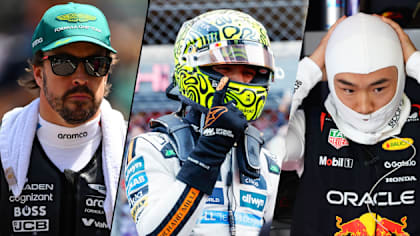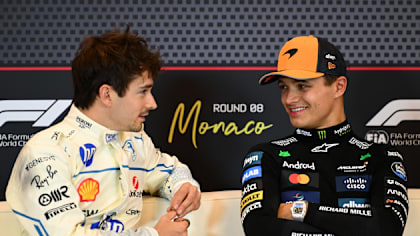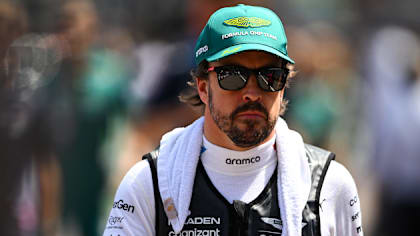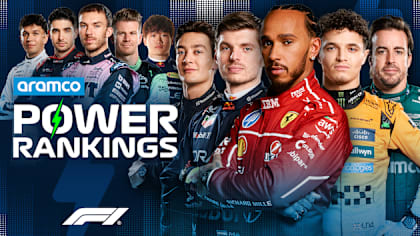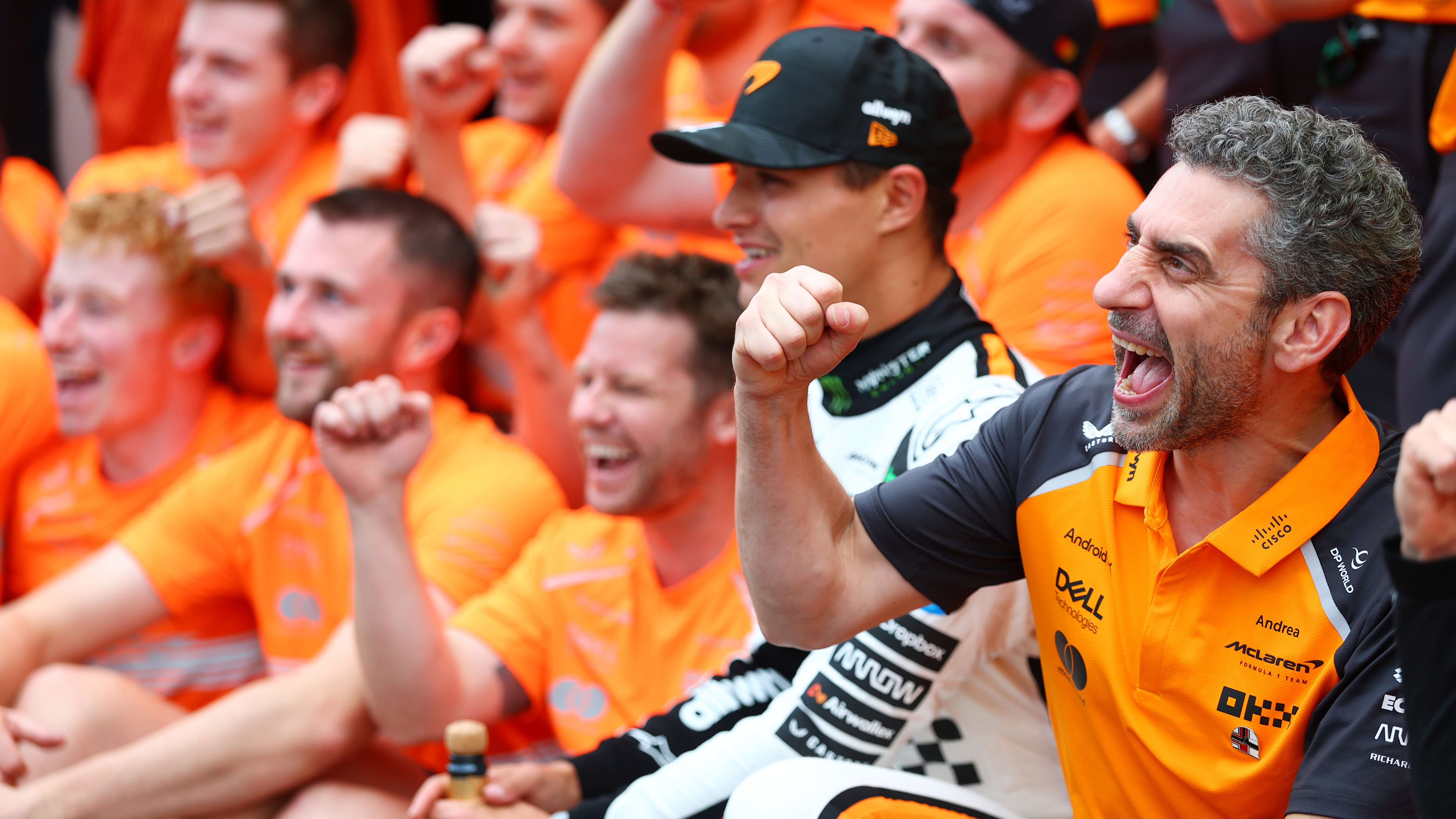It’s now just two months until the Haas team make their F1 race debut in Australia. With a new car, new drivers, and an operation spanning the USA, the UK and Italy, there is plenty to keep team principal Guenther Steiner busy. We caught up for an exclusive chat to find out how things are progressing…
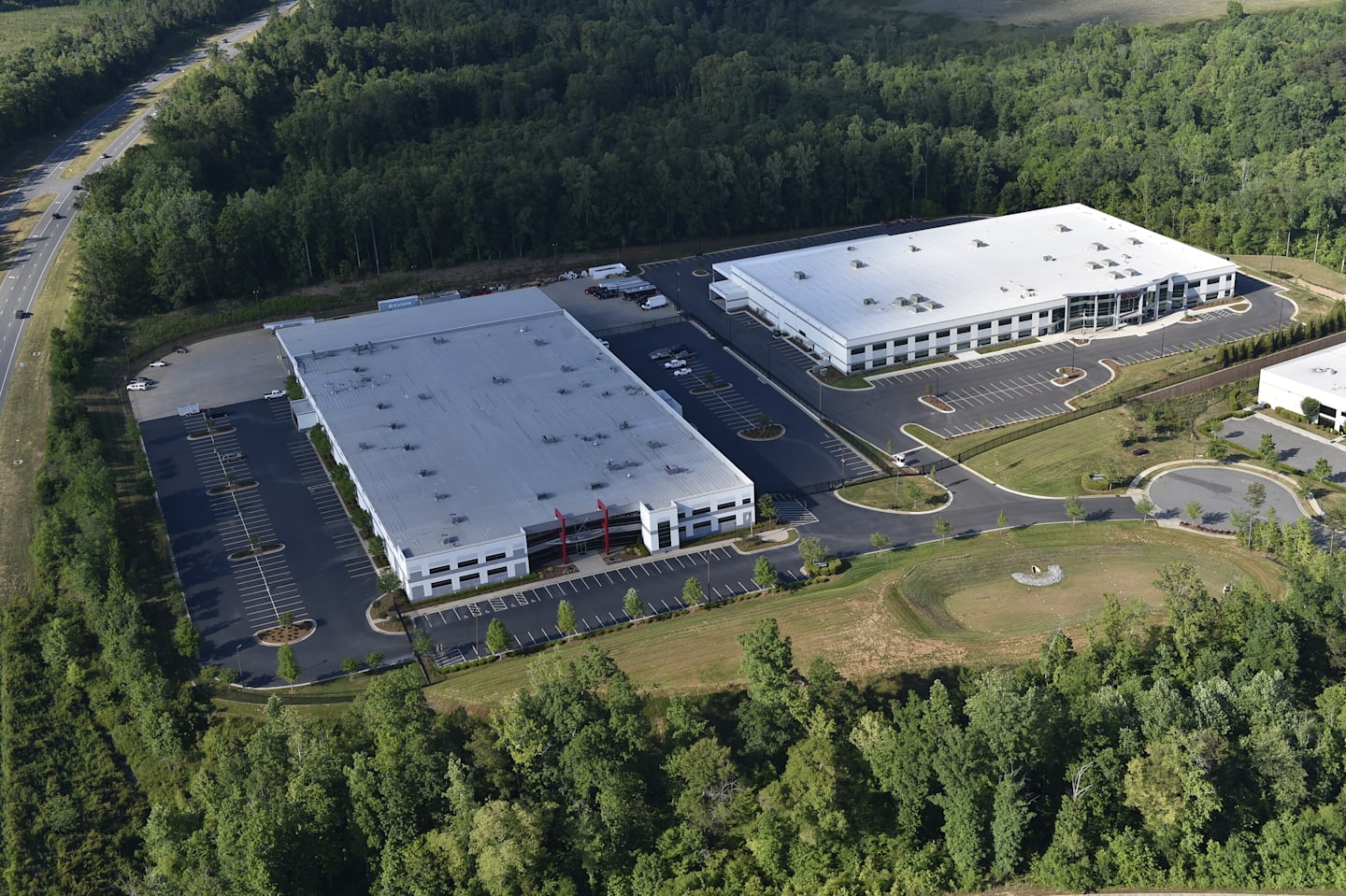
24 May 2015: Aerials during the Coke 600 at Charlotte Motor Speedway in Concord, NC. HHP (Rusty Jarrett )
It is manageable. The good thing is we do not know any different.
Steiner on Haas operating from three different locations
Q: Guenther, how much of a relief was it to pass the final FIA crash test? In the past we have seen even established teams failing this crucial test…
Guenther Steiner: Obviously, it’s good to pass this test, as not passing would delay the build of the car. This would have meant bad news.
Q: So the car is already there - what can you say about it? Is it the most beautiful machine you’ve ever seen?
GS: As you can understand the car is not complete yet. It will be completed only a few days before the test - as with I guess most of the other teams. The latest car is always the most beautiful one.
Q: Not so long ago the different locations of the team were only a theoretical situation to mastermind - but now it is reality. Is it hard to handle - and where do you have to adjust?
GS: It is manageable. The good thing is we do not know any different. That makes it much easier! (laughs)
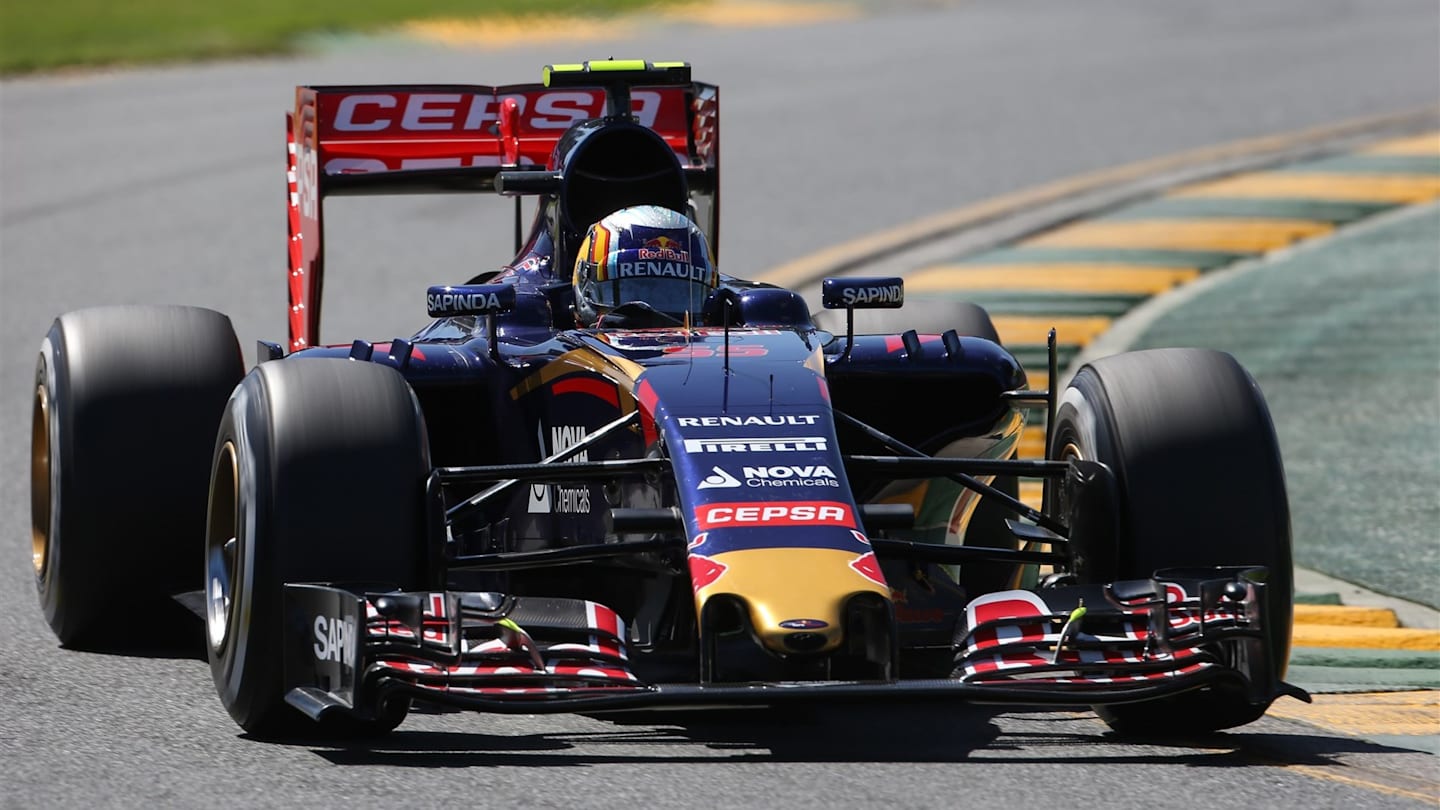
Carlos Sainz jr (ESP) Scuderia Toro Rosso STR10 at Formula One World Championship, Rd1, Australian Grand Prix, Practice, Albert Park, Melbourne, Australia, Friday 13 March 2015.
I think with Toro Rosso being a well-established team they should be in front of us - even with a one-year old engine.
Steiner on where Haas will fit in the pecking order
Q: Towards the end of last year Gene Haas was quoted as saying that he could imagine your car being better than the 2016 Ferrari. Given what you know of yours and Ferrari’s progress, how likely is that bold statement becoming reality?
GS: What Gene meant is that our chassis is different in construction than the Ferrari and we’ve had more time to work on it. But that fact is that right now it’s merely a guess as to where everyone stands. Everyone has been developing their cars. We’ll get a better idea as to where everyone is after testing, but we won’t really know anything until we actually start racing in Melbourne.
Q: A new entrant into the top category of motorsport usually has to line up at the back. With the prediction of a good car - with a Ferrari engine - where do you think 2016 will take you? Will you have a massive advantage, for example, over Toro Rosso who will have to use the 2015 Ferrari engine?
GS: We hope to line up somewhere in the lower midfield. It is always very difficult to predict how other teams will be doing before testing, but I think with Toro Rosso being a well-established team they should be in front of us - even with a one-year old engine.
Q: Car and engine is only one side of the coin. Racing is also about team procedures during a race weekend. How do you train for this? The eight test days might be too short a time…
GS: Correct. One of our biggest challenges is to make the team gel. For example, we have been practising pit stops since December to make sure we are as prepared as possible for Australia.
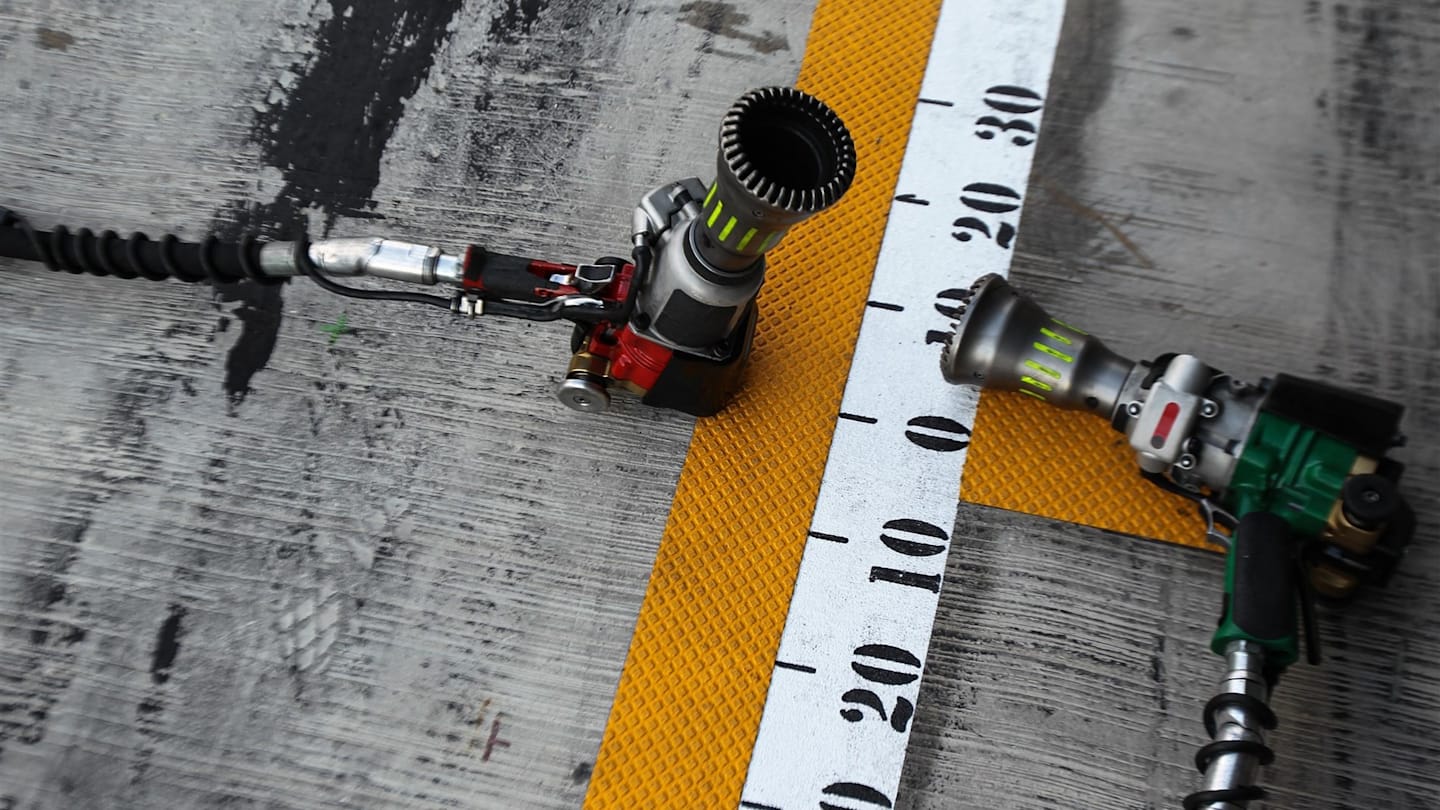
Wheel gun at Formula One World Championship, Rd19, Abu Dhabi Grand Prix, Qualifying, Yas Marina Circuit, Abu Dhabi, UAE, Saturday 28 November 2015.
We have been practising pit stops since December to make sure we are as prepared as possible for Australia.
Steiner on preparations for the coming season
Q: The big teams seem to have a lot of people at races - almost a man for every move. Your philosophy here seems to be somewhat ‘slimmer’. How big will your race team be?
GS: Around 60 people in total. Slim is beautiful. (laughs)
Q: And what is your head-count in other departments right now?
GS: We have approximately 180 people in three countries, three locations.
Q: One of your most important people is your number-one driver Romain Grosjean. A lot has been made in the press of his comment that he can imagine returning to the now-Renault team one day - does he know something we don’t about Haas and your development?
GS: I think he mentioned enough times that he is happy to have joined Haas F1 Team, but by being French he for sure keeps an eye on the Renault team to see how they progress.
Q: Two months to go to the season opener in Melbourne. What’s top of your priority list? And what would be the ideal outcome of the two pre-season tests?
GS: Priority is to get to the test in time and be as well prepared as possible, so that we can use the few days of testing to understand our car and get the race team to work together as best as possible. Then let’s see how the future develops!
